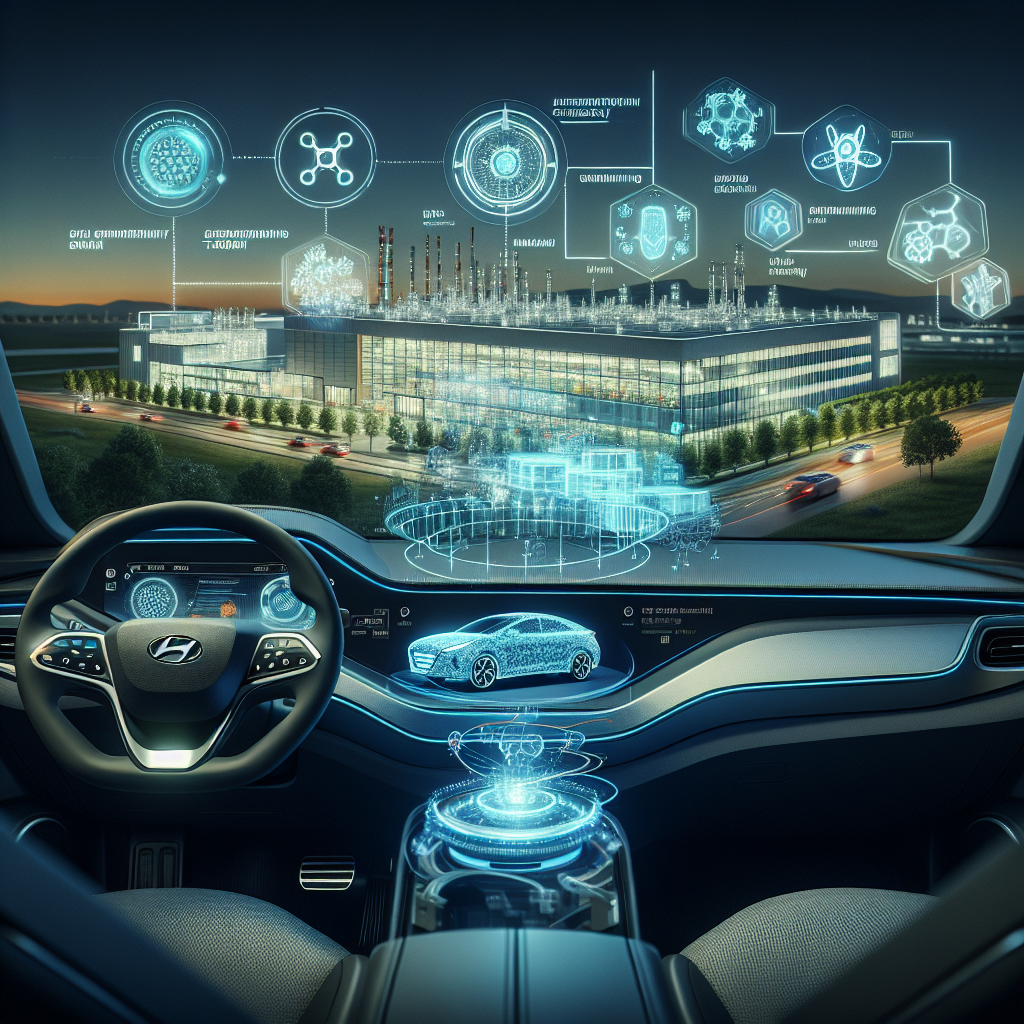
Hyundai Motor Company has taken a significant step forward in hydrogen mobility by commencing construction on a new state-of-the-art hydrogen fuel cell production facility in Ulsan, South Korea. The groundbreaking ceremony marks a major investment in alternative powertrain technology as the automaker doubles down on its commitment to fuel cell vehicles despite ongoing debates about hydrogen's viability in passenger transportation. This development comes as Hyundai continues to expand its hydrogen vehicle offerings in markets like Japan, where government policy remains supportive of hydrogen infrastructure. The new facility represents Hyundai's belief that hydrogen fuel cells will play an important role alongside battery electric vehicles in the transition away from fossil fuels, particularly for longer-range applications and commercial vehicles where hydrogen's quick refueling and extended range offer distinct advantages.
According to [1], Hyundai Motor Company has officially broken ground on the hydrogen fuel cell production facility in Ulsan, Korea. The facility is described as state-of-the-art, suggesting it will incorporate the latest manufacturing technologies and processes for fuel cell stack production. This investment demonstrates Hyundai's long-term commitment to hydrogen technology even as many competitors focus primarily on battery electric vehicles.
The timing of this facility construction aligns with Hyundai's broader hydrogen strategy in Asia. As reported by [2], Hyundai is actively pushing hydrogen cars in Japan, a market where both government and some automakers remain committed to the concept of a hydrogen economy. Japan's continued infrastructure investments in hydrogen refueling stations make it one of the few markets globally where fuel cell vehicles have a realistic pathway to commercial viability in the near term.
The new production facility in Ulsan will likely support Hyundai's ambitions to scale up fuel cell vehicle production and reduce costs through economies of scale. Manufacturing fuel cell stacks domestically in South Korea also provides strategic advantages, including proximity to Hyundai's vehicle assembly plants and access to the country's growing hydrogen infrastructure. The facility could produce stacks not only for passenger vehicles but potentially for commercial trucks and other applications where hydrogen's energy density offers benefits.
Hyundai's investment stands in contrast to the broader industry trend toward battery electric vehicles, yet it reflects a pragmatic approach to diversifying powertrain options. While hydrogen faces challenges including production costs, infrastructure limitations, and energy efficiency concerns compared to direct electrification, Hyundai appears confident that certain market segments will benefit from fuel cell technology. The company's willingness to invest in dedicated production capacity suggests it sees a viable business case for hydrogen vehicles in specific applications and regions.








